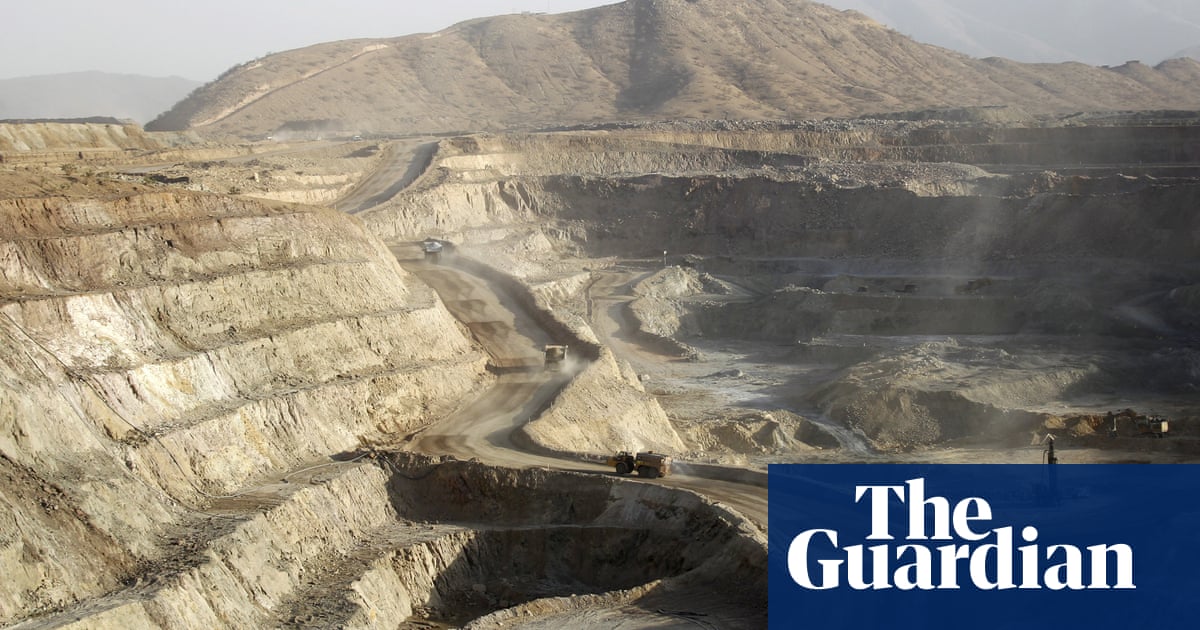Case brought by 3 Eritreans versus Nevsun Resources can continue as business running abroad face brand-new legal threat

A Vancouver-based mining business can be taken legal action against in Canada for supposed human rights abuses overseas consisting of claims of modern-day slavery, Canada’s supreme court has actually ruled.
The choice indicates 3 Eritreans who submitted a civil fit versus Nevsun Resources in British Columbia can continue their case in a lower court.
It likewise produces brand-new legal threats for Canadian companies running abroad– especially in the resources and clothes sectors– as business formerly might just be held accountable in foreign jurisdictions in which supposed abuses happened.
The complainants declared they and more than 1,000 others had actually been conscripted through Eritrea’s military service into required labour to build Nevsun’s Bisha zinc, copper and gold mine in the east African country in between 2008 and 2012, and subjected to violent, inhuman and vicious treatment.
In court files they declared being required to work 12 hours a day, 6 days a week, being beaten with sticks, and being bound and delegated bake under the hot sun.
The trio later on left Eritrea and ended up being refugees.
Nevsun argued that the case ought to be thrown away on the basis of the act of state teaching, which prevents domestic courts from examining acts of foreign federal governments. That was turned down by a bulk of the justices on the leading bench.
The supreme court likewise held that worldwide human rights law– especially basic tenets called “peremptory standards” that are so crucial they are thought about universal– might be used to this case.
“Violations of peremptory standards are severe offenses of rights that are necessary to everybody, all over. They require to be highly prevented,” the court stated in a declaration.
In 2017, the supreme court decreased to hear a comparable case including a group of Guatemalans taking legal action against Vancouver-based Tahoe Resources for supposed abuses at the business’s mine in Guatemala.
The males looked for redress for what they state were injuries suffered throughout the violent suppression of their demonstration versus the business’s Escobal silver and cash cow south-east of Guatemala City.
They argued in court filings– and a lower court concurred– that they were not likely to acquire justice in Guatemala, and for that reason brought the civil case to Canada, where Tahoe has its head office.
The business said sorry in July 2019 for the rights infractions as part an out-of-court settlement with demonstrators who had actually been shot and injured while objecting.
Read more: https://www.theguardian.com/world/2020/feb/28/canada-nevsun-eritrea-lawsuit-human-rights-slavery


Recent Comments